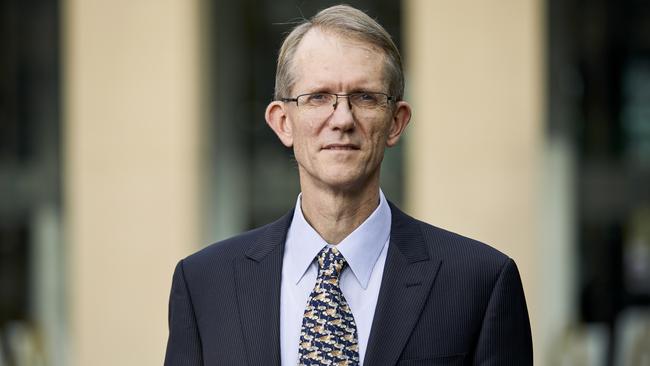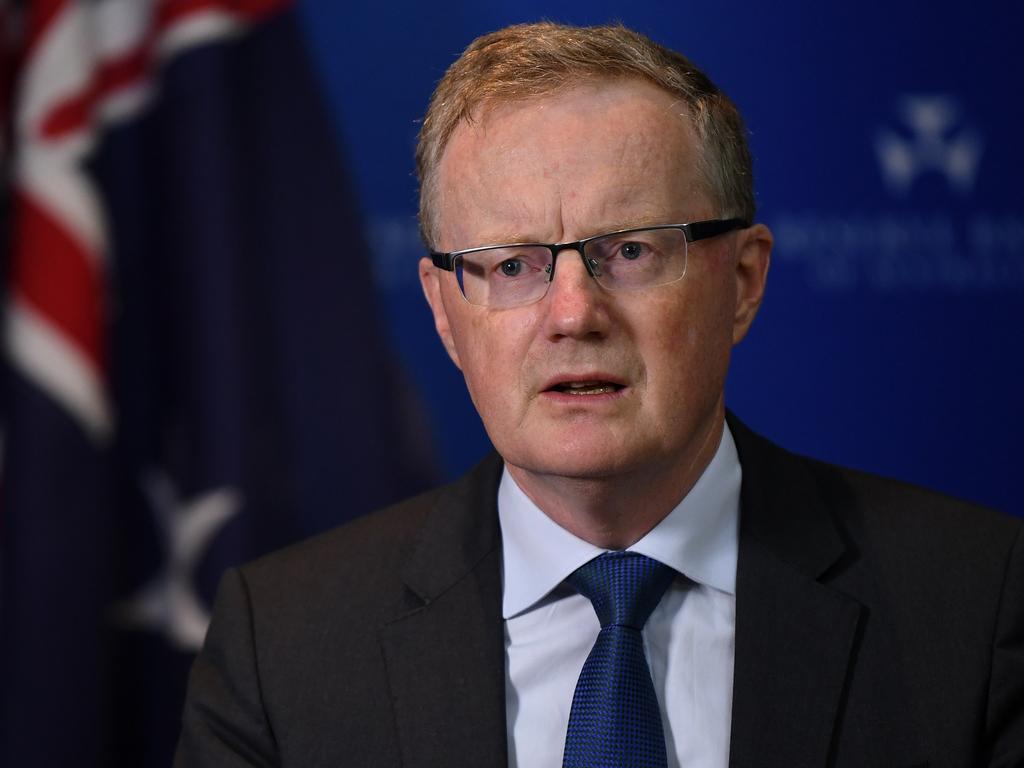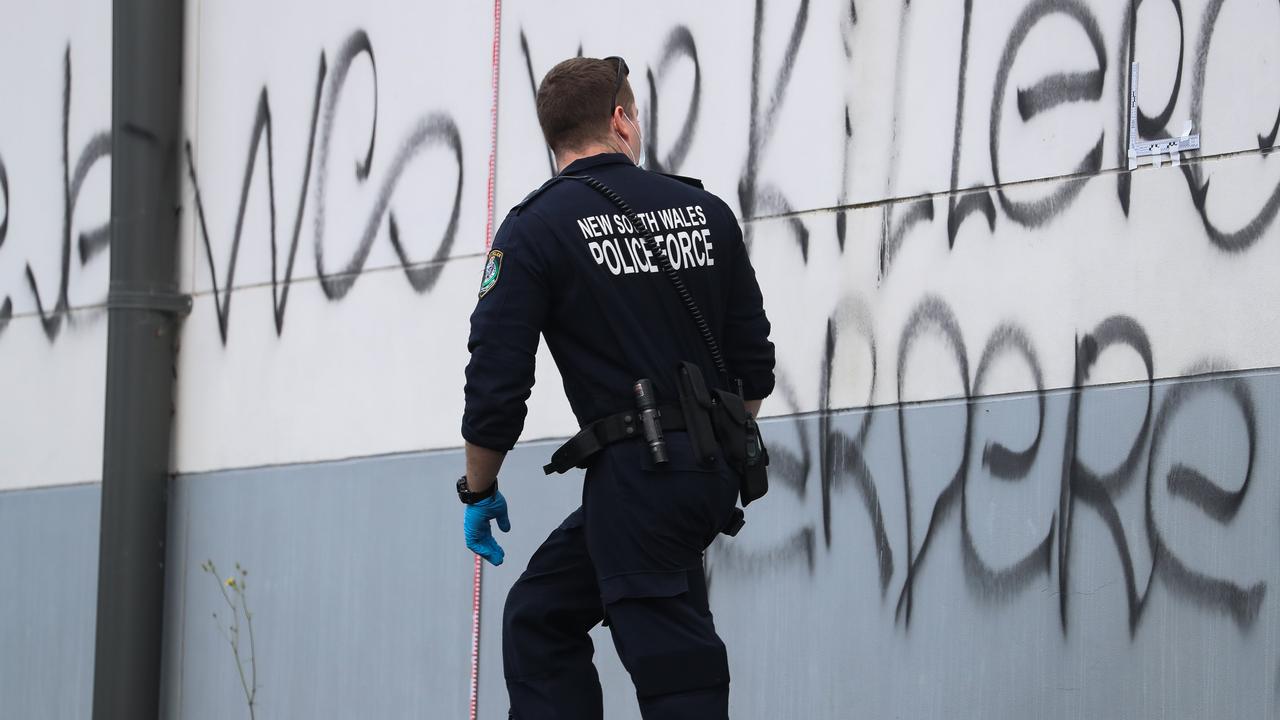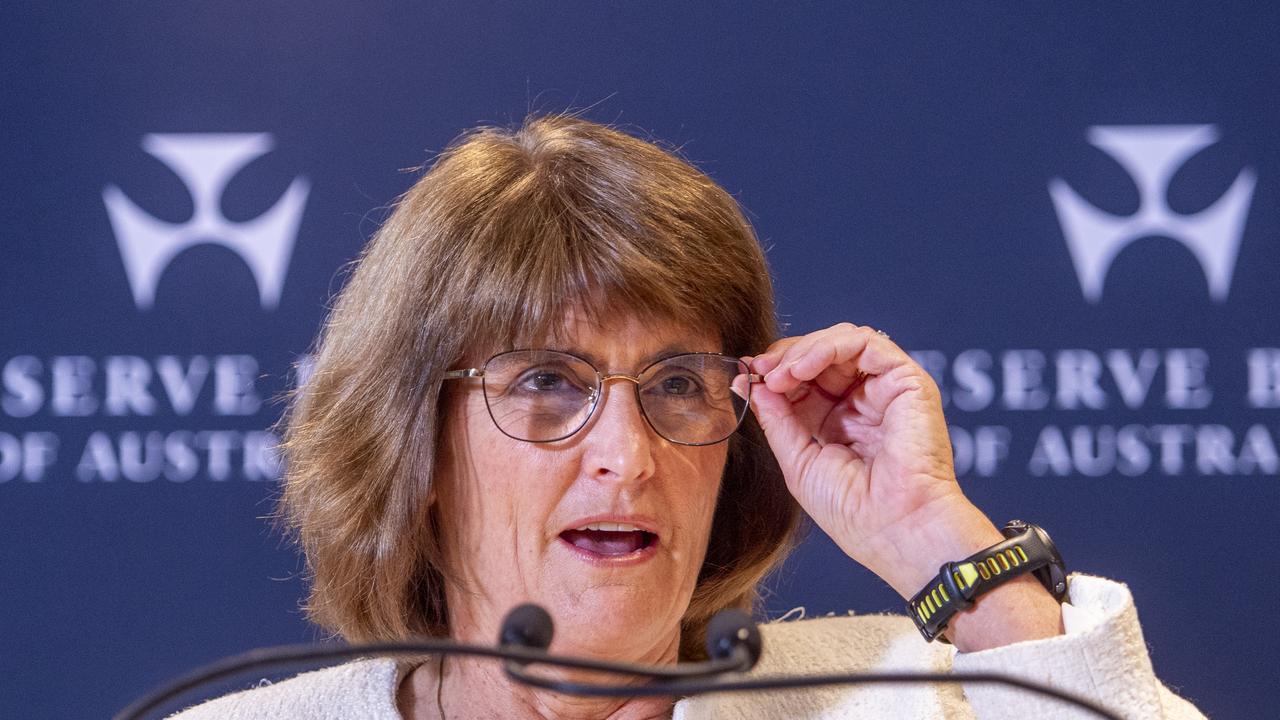Andrews given nod by DFAT on China
Australia’s current ambassador to China gave Victoria the green light to sign on to controversial Belt and Road Initiative.

Australia’s current ambassador to China gave the green light to Victoria to sign on to President Xi Jinping’s signature Belt and Road Initiative, which has been criticised by Scott Morrison.
The Australian can reveal that Graham Fletcher, then a senior Foreign Affairs official, told the Victorian government in May 2018 that its plan to sign on to the BRI had merit.
The Victorian decision to sign on to China’s global infrastructure compact, which has been criticised as a grab for influence, sparked fresh controversy last week when the state’s Treasurer, Tim Pallas, attacked the Morrison government’s handling of the bilateral relationship with Australia’s biggest trading partner.
The Prime Minister said last weekend: “We didn’t support (Victoria’s) decision at the time they made it.” However, The Australian has learned senior Foreign Affairs officials told a Victorian Premier and cabinet team the state’s plans to sign up the BRI did not undercut federal government policy — advice that was seen by state officials as offering implicit support for the move.
The Australian can reveal the advice was conveyed at a meeting with Mr Fletcher, who was then head of the Department of Foreign Affairs and Trade’s Northeast Asia branch. Mr Fletcher was appointed ambassador to China in August 2019.
“There is merit from the relationship that you are proposing through the BRI,” Victorian government meeting notes quote Mr Fletcher as saying.
DFAT said on Thursday night it told Victoria to exercise “caution” and “stressed it was important (the state) consider the broader national interest”. But its failure to advise against the agreement was consistent with DFAT thinking at the time, and followed a September 2017 memorandum of understanding signed by the Turnbull government agreeing to co-operate with China on BRI projects in third-party countries, which the government has never released.
DFAT provided written feedback on the Victorian government’s plans in June 2018, but it is understood the advice did not ¬include any directions against signing the document.
The DFAT position on the BRI was at odds with the position of ¬national security agencies at the time. It is understood cabinet’s national security committee considered whether to sign on to the BRI in 2017, opting not to do so amid warnings from national security agencies that the scheme was aimed at edging out Western powers in the battle for strategic influence in the Indo-Pacific.
There has been growing international concern over the BRI, particularly in the post-COVID era, where vulnerable developing countries could face difficulty meeting terms of Chinese loans.
The federal government has walked a diplomatic tightrope on the initiative, fearing public condemnation of the program could spark a backlash from Beijing that could harm Australia’s $135bn-a-year worth of exports to China.
DFAT secretary Frances Adamson, who was ambassador to China in 2011-15, attended the global BRI forum in Beijing in April 2019, sitting next to Victorian Premier Daniel Andrews as Mr Xi delivered his keynote address.
She gave a speech during the trip emphasising Mr Morrison’s support for “the contribution the BRI can make in meeting the infrastructure needs of the region”. Soon after, Mr Morrison gave limited support to Chinese BRI projects, with the caveat that they must meet “genuine market need and international standards”.
“The infrastructure needs of the region are enormous and Australia welcomes the contribution that the Belt and Road Initiative can make to regional infrastructure investment and to regional development,” Mr Morrison said in June 2019.
The Andrews government signed a BRI MOU with China in October 2018, as well as a subsequent framework agreement 12 months later, on which DFAT was not consulted.
The Andrews government has continually refused to confirm whether proper security or risk assessments were undertaken ahead of the deal being struck.
Charles Sturt University academic Clive Hamilton, who has written extensively on Chinese Communist Party influence in Australia, told The Australian that DFAT had “allowed itself to be marginalised from the China debate because it’s been slower than everyone else to wake up to Xi -Jinping’s true intentions”.
“For many years, DFAT has been the chief advocate in government of a softly, softly approach to Beijing, to the point of obsequiousness,” Professor Hamilton said.
“If Beijing cancelled a few meetings, DFAT would urge the government to ‘repair’ the relationship. Our diplomats thought they were being clever but Beijing became used to getting its way.”
DFAT’s support for the BRI dates back to at least October 2016, when it funded the Australia-China Belt and Road Initiative company, run by “influencer” Jean Dong, with a $20,000 grant.
The Melbourne-based organisation, which has hired former federal ministers Andrew Robb and Lindsay Tanner to help sell its message, was involved in persuading Mr Andrews to ink Victoria’s BRI deal.







